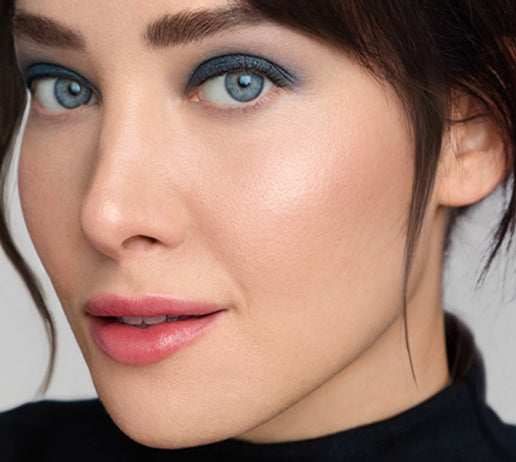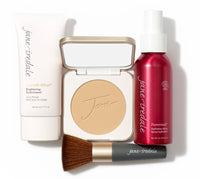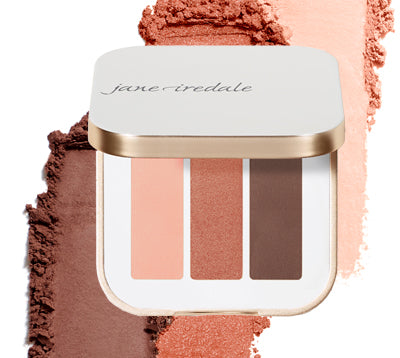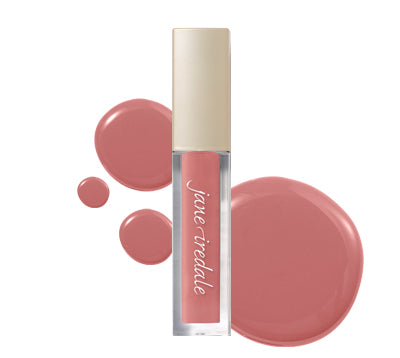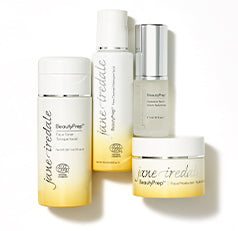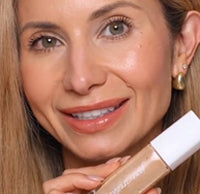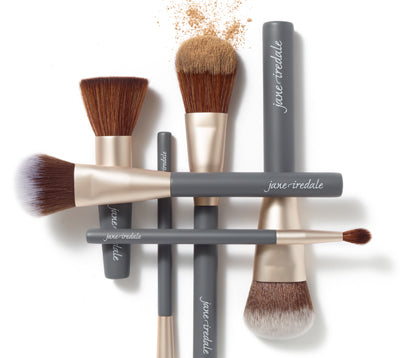
I’ve always marveled at this ocean planet. 71 percent of the Earth’s surface is covered by water and 96.5 percent of it is contained in the oceans. Actually, it’s really one ocean with bits of land popping up here and there.
How is it we’re so lucky to have a planet with an ocean that is capable of sustaining such an abundance of life forms on land and sea? Where did the water come from? Scientists have theories but nothing is certain. Do other planets have water? Evidence points to oceans on other planets, but Earth is the only known planet to have consistent, stable bodies of liquid water on its surface. That’s because Earth is in the habitable zone, meaning that it isn’t too close to the sun for the heat to evaporate water and not too far to freeze it. And then there’s the perfect amount of gravity which holds the water where we want it to be.
I know that exploring space is as exciting as it gets, but we know so little about this miracle planet that we live on, that I wonder why we aren’t more curious about it. A NASA employee once told me that the amount of money that goes into exploring the source and maintenance of life on Earth, the oceans, is a rounding-error in the amount of money spent on space exploration. It boggles my mind! Is there anything out there that is more beautiful than where we already live?
The Importance of Coral Reefs
I think we need to protect and nurture Planet Earth, and the only way we can do that is to try to understand it. One thing we do know is that the oceans are under stress. Climate change is literally changing everything. Take, for example, our barrier reefs. Australia’s Great Barrier Reef is so huge that it can be seen from space. It stretches over 1,400 miles. It’s home to billions of marine species and is the world’s largest living organism. It’s importance to our survival can’t be over-estimate, all reefs are important to our survival. Why?
Well, selfishly from a human point of view, they protect our shorelines from the ravages of storms that are becoming more and more frequent due to the extreme fluctuations of ocean temperatures. Storms erode coastlines taking homes and livelihoods with them. Over half a billion people depend on reefs for food, income, and protection. The net economic value of the world’s coral reefs is estimated to be tens of billions of dollars per year.
And what of the reefs themselves that are often called “the rainforests of the sea?” About 25% of the ocean’s fish depend on healthy coral reefs. That’s a lot of fish! They find shelter and food, reproduce, and rear their young in the nooks and crannies formed by corals. (And here I have to digress and recommend a documentary called “My Octopus Teacher.” If you haven’t seen it, put it at the top of your list. It won’t disappoint.).
Reefs are fundamental to a healthy ocean. But coral reef ecosystems are severely threatened. Pollution, sedimentation from run-off, unsustainable fishing practices, and climate change are leading to coral bleaching and death. In 2005, the U.S. lost half of its coral reefs in the Caribbean in one year due to a massive bleaching event. Between 2014 and 2017 unusually warm waters affected 70% of coral reefs. The Great Barrier Reef lost hundreds of miles to bleaching.
What Can You Do to Help Our Beautiful and Essential Ocean Reefs?
- Even if you live thousands of miles from an ocean, the weed-killers and fertilizers you use will eventually flow into the ocean. Find green alternatives that won’t harm coral reefs and marine life.
- Research where your seafood comes from and if it's caught sustainably. Overfishing is one of the biggest threats to coral reefs.
- You probably think that buying wild-caught shrimp is a better choice than farmed, but the methods for catching shrimp are devastating for the oceans. It’s too long to explain here, but this article will tell you everything you need to know.
- Be conscious if you buy aquarium fish. How were they obtained?
- Recycle and dispose of trash properly. Somehow so much of our trash ends up in the oceans. Whenever I walk the beach, I take a garbage bag with me. I’m shocked at how much plastic I pick up that has washed ashore. I’ve seen plastic bags wrapped around coral, choking it to death.
- Don’t buy coral ornaments or jewelry
- If you love to scuba or snorkel, avoid touching or standing on reefs. Anchoring your boat on the reef will damage and potentially kill the delicate coral animals.
- Volunteer! If you live near the coast, volunteer in local beach or reef cleanups. If you don’t live near the coast, get involved in protecting your local watershed.
Using Reef Safe Sunscreen
There is more but I’m going to end with a plea about sunscreens and wearing one that is considered reef-safe. Several common sunscreen ingredients have been shown to be toxic to coral reefs. Again, whether you are in the ocean or not, what you wear will eventually wash off and end up there. Millions of people wear sunscreens and have no idea that they are negatively impacting coral reefs.
What Sunscreen Ingredients Are Not Reef Safe?
Key ingredients to avoid are Oxybenzone and Octinoxate. Additionally, look out for Benzophenone-1, Benzophenone-8, OD-PABA, 4-Methylbenzylidene camphor, 3-Benzylidene camphor, and Octocrylene. These can affect corals' reproductive cycle, damage DNA, and worsen the effects of coral bleaching. Active sunscreen ingredients that are considered reef-safe are Zinc Oxide and Titanium Dioxide.
A quick word about the amount of protection from SPF ratings. (By the way, SPF only refers to UVB protection). An SPF 15 protects from 93% of UVB rays. SPF 30 protects from 97%. Afterthat, the difference in protection is small. SPF 50 blocks 98%, and SPF 100 stops 99% of UVB rays from reaching your skin. To achieve these high SPF ratings, disproportionately more chemicals have to be used. Check out our Sun Protection Guide to learn more.
What Sunscreens Are Reef Safe?
jane iredale uses reef-safe sunscreen protection in all our mineral powders. The highest rating is our Powder-Me SPF 30 Dry Sunscreen at an SPF 30, which uses Titanium Dioxide as its active ingredient. Its convenient brush makes it so easy to apply and reapply, and it comes with handy refill canisters. I’ve been wearing it for years and I don’t see any reason to change now, even though my days of sunning are far behind me. Better safe than sorry!

